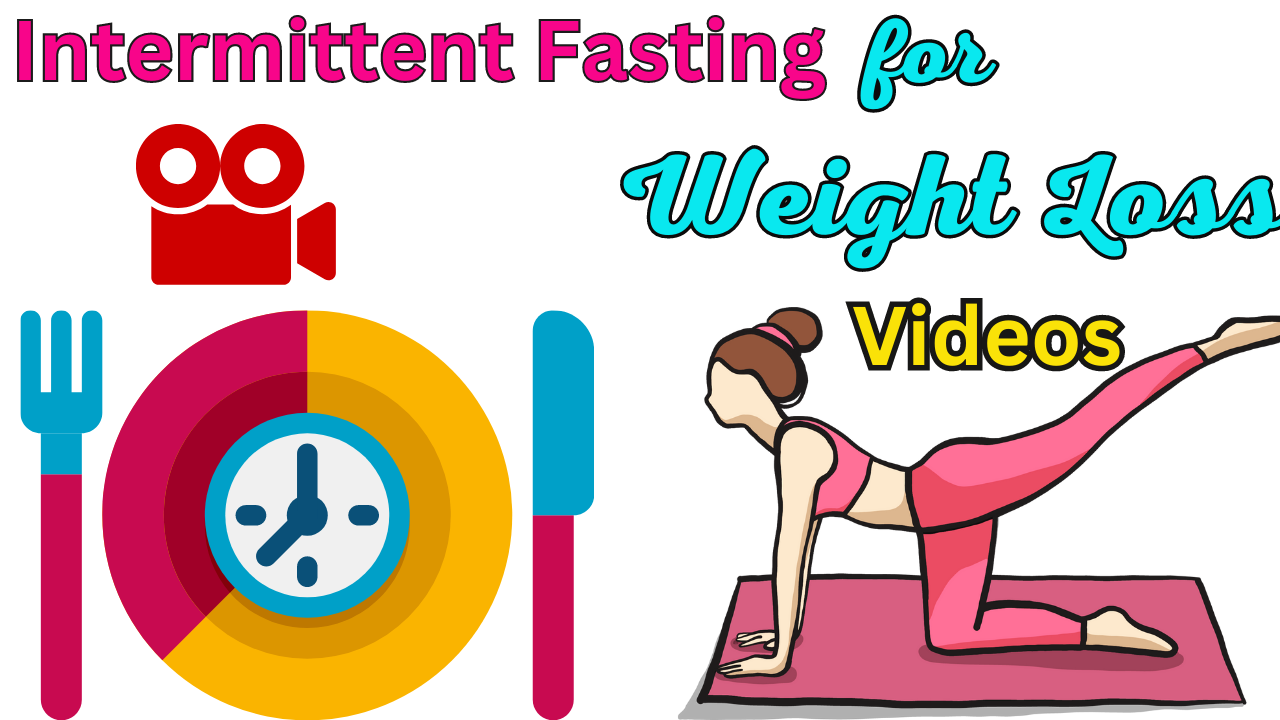Will fasting help a healthy person live longer? What are the keys to a successful fast?
Jason Fung, nephrologist and best-selling author, shares his experiences on utilizing an individualized approach to fasting. This approach has been used successfully to treat thousands of overweight, metabolically ill, and diabetic patients. Being a doctor who specializes in kidney disease, gives him a unique insight into early indications of metabolic disease. Let’s listen to Dr. Jason Fung.
>> Dr. Jason Fung
Fasting is just a matter of spreading knowledge and making it easy, right? It’s not that people can’t fast. It’s that people tell them they shouldn’t fast. If you look at Ramadan or something like that, people can fast if it’s the norm or Lent or Orthodox. People can follow fasting if it’s a norm. It’s just that the norm is so far off. We tell our kids, “Oh, hey, you got to have a snack”. It’s like after school it is a snack. The other day I heard this saying, “Oh, your son is going on a trip, but don’t worry. We’re going to give them lots of snacks.” I’m like, (Laugh gently) “Why did you do that right now?”
Do you send your kids to play soccer? I do. I did and they don’t play anymore. And it’s like somehow everybody thinks that—In between the halves of soccer, the parents were taking turns, bringing snacks. You don’t need to give juice and cookies in between halves of soccer. Just let them play the game. The game is fun, right? It’s the culture which says you must eat all the time. Skipping breakfast is a perfect example. As soon as you get up, you have to start putting muffins in your mouth. Otherwise, you’re going to die. You’re going to die of a heart attack.
We offer this as a treatment to everyone. We don’t say, “Ok, you’ve never heard of it”. We’ll still recommend it and like 50 percent right off the bat won’t do any fast at all. Right. I had this discussion yesterday with a fellow. I told him, “Oh, he needs to fast. He was developing proteinuria and he is going into renal failure”. And, I said, “Really, you need to fast”. And he says, “My endocrinologist says, I can’t fast. No way”. The thing is 50 percent of people won’t fast for any period of time at all, not even like five hours.
The idea is so ingrained that we have to eat, eat, eat, even to lose weight. If you take away the 50 percent who won’t do it right off the bat, then you have people who will do it for short periods of time. And probably only about 20 percent might agree to like a longer fast mostly. And it’s not the physical side that actually hinders. It’s always the psychological side. The physical stuff is super easy to deal with. It’s the psychological part that’s really hard. It’s like really hard when you’re looking at somebody who’s eating and you’re trying to fast.
You can do it once in a while. But if you do it sort of breakfast, lunch, dinner, and again breakfast, that’s the hard part. And that’s where we focus a lot of our attention working on the psychological, how to set your environment up for success and coming up with different strategies for success, and creating a supportive community that’s going to help your success. That’s the hard part. Think about religions like Ramadan, how do they all fast?
People say, “Oh, I could never fast”. But literally hundreds of millions of Muslims fast. It’s because the environment is supportive. If all your friends and family are doing it, it’s not fun, but it’s not that difficult to actually do it. And that’s the difference. And now we’re recommending it for people who have no community. And that’s what we’re trying to create, a community of people who are accepting.
If I wrote a couple of articles that I sent to JAMA (Journal of the American Medical Association) or something to get peer-reviewed, first of all, the peer review would kill it. And second is you’d get no traction whatsoever. You’re not doing anybody, any good, because by making it more out there, you make it more acceptable for people to talk about it and to accept it as a viable treatment.







Leave a Reply